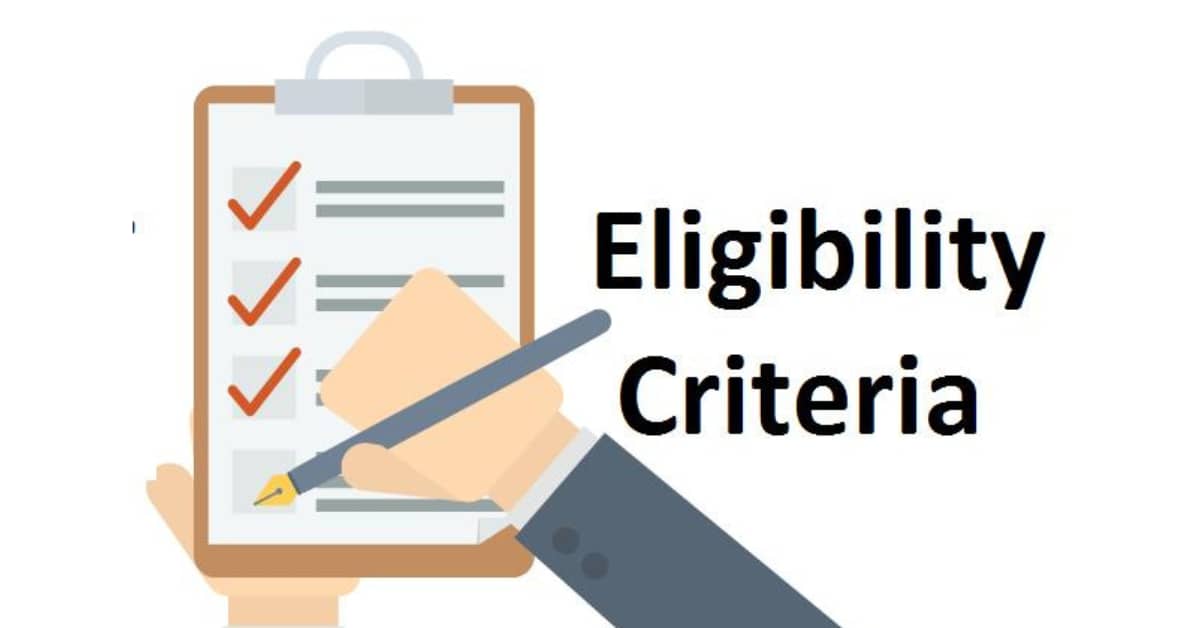If you’re considering a short sale in today’s market, there’s one thing you absolutely can’t ignore—the legal landscape is constantly evolving. As a short sale Realtor with years of navigating the twists and turns of distressed property sales, let me give you the rundown of the key legal updates and how they might impact your short sale journey in 2025. This isn’t just paperwork—it’s your financial future on the line.
Understanding Short Sales in 2025
A short sale occurs when a homeowner sells their property for less than the amount owed on the mortgage, and the lender agrees to accept the reduced amount as full payment. While it can be a smart solution to avoid foreclosure, it’s also legally complex and packed with potential pitfalls—especially now, given recent updates in legislation and industry standards.
Let’s break down the legal must-knows before you dive in.
1. The Foreclosure Prevention Act Amendments
What changed: In late 2024, several states updated their versions of the Foreclosure Prevention Act, tightening timelines and requiring more detailed documentation from both homeowners and Realtors.
Why it matters: This means faster decision deadlines for homeowners considering short sales and less flexibility from lenders. As a Realtor, I’ve noticed that banks are holding sellers and agents to stricter requirements upfront. If your paperwork isn’t airtight from day one, expect delays—or even outright denials.
Pro tip: Partner with a real estate attorney or experienced short sale agent early. Their insights can help you comply with new legal requirements and avoid the chaos of last-minute surprises.
2. CFPB Oversight: Stricter Disclosure Laws
The Consumer Financial Protection Bureau (CFPB) recently rolled out updated rules surrounding disclosures in distressed property transactions.
Key changes include:
- Mandatory financial counseling for sellers before listing.
- Transparent disclosure of all liens on the property.
- Full accounting of potential deficiency judgments.
From a Realtor’s view, this means more upfront conversations and paperwork. Gone are the days of listing a short sale “to see what happens.” Now, you need to have your client’s financial house in order—before the “For Sale” sign goes up.
Heads up: Skipping any of these disclosures can now lead to legal liability—not just for the seller, but also for the listing agent. Make sure everything’s documented, even if it seems minor.
3. IRS Forgiveness Rule Extensions (or Not?)
One of the most talked-about issues every year is whether the IRS will continue to exclude forgiven debt from taxable income under the Mortgage Forgiveness Debt Relief Act.
As of this writing in 2025, there’s uncertainty. Congress has been slow to reauthorize the exemption, and that could mean big tax bills for sellers post-sale.
What this means for your client: If the exemption isn’t renewed, sellers could owe income taxes on the forgiven amount—turning what seemed like a financial fresh start into a nasty tax surprise.
Realtor tip: Always encourage clients to consult with a tax advisor before finalizing a short sale. If you’re not proactively managing expectations around taxes, your clients could blame you for the fallout.
4. Deficiency Judgment Law Changes
Several states, including California, Florida, and New York, have modified their rules around deficiency judgments—that’s when lenders pursue sellers for the remaining balance after the short sale closes.
In some states:
- Lenders are barred from pursuing deficiency judgments on primary residences.
- In others, they’re still allowed—but only if specific legal notices were issued during the process.
Why this matters for Realtors: Sellers are understandably nervous about the possibility of being sued after a short sale. As their agent, it’s your job to understand the local laws and educate them on what protections exist—and where they don’t.
Best practice: Always get the lender’s deficiency waiver in writing, and ensure your clients understand what they’re signing. Ambiguity here can lead to massive legal issues down the road.
5. Dual Agency and Fiduciary Duties: More Scrutiny Than Ever
If you’re representing both buyer and seller in a short sale, or if your brokerage is involved on both sides, listen up: dual agency laws are under intense scrutiny.
In 2024, several lawsuits rocked the real estate world, alleging conflicts of interest and breaches of fiduciary duty in dual-agent short sales. Regulatory bodies have responded with tougher rules and required disclosures.
Your legal obligation as a Realtor: You must fully disclose your dual role and get written consent from both parties. More importantly, you need to demonstrate that neither party is being disadvantaged.
Real-world tip: I always recommend bringing in a neutral third-party negotiator or attorney to help oversee dual-agency short sales. It protects you—and your clients.
Conclusion: Staying Ahead of the Legal Curve
A short sale might be a lifeline for homeowners, but only if it’s done by the book. And in 2025, “the book” keeps getting thicker. From tighter disclosure laws to evolving state regulations and shifting tax policies, the landscape is anything but predictable.
As a Realtor who lives and breathes short sales, I can’t emphasize enough: stay informed, stay proactive, and surround yourself with professionals who know their stuff. Your clients will thank you—and your career will thrive because of it.
Final Thoughts for Homeowners Considering a Short Sale
- Always speak with a CPA or tax attorney.
- Read every document carefully—especially those from your lender.
- Don’t rely solely on your Realtor—build a team that includes legal and financial experts.
A short sale is more than a transaction; it’s a legal and financial chess game. Make sure you’re playing to win.








